January 3, 2025 | 10:27 GMT +7
January 3, 2025 | 10:27 GMT +7
Hotline: 0913.378.918
January 3, 2025 | 10:27 GMT +7
Hotline: 0913.378.918
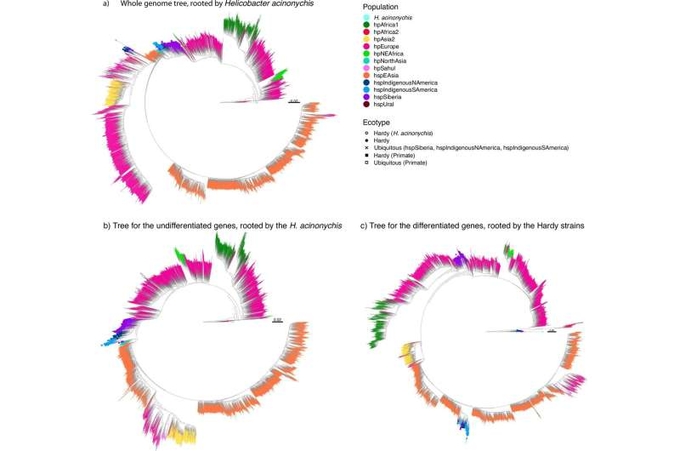
Phylogenetic trees for all strains in the dataset. Credit: Nature (2024).
Since its discovery in 1983, Helicobacter pylori has become notorious as the cause of around a million cases of stomach cancer a year as well as other life-threatening gastric diseases. The bacterium is also likely to have caused many stomach aches in our prehistory, since according to previous research, it has colonized the human stomach for more than 100,000 years.
In this study, researchers used an unprecedented collection of nearly 7,000 Helicobacter genomes from around the world to investigate the spread of the bacteria. They unexpectedly found a highly distinct variant of Helicobacter that they termed the Hardy ecospecies, which arose hundreds of thousands of years ago and spread around the world with us.
The researchers proposed that the ecospecies is specialized to live in the stomachs of people whose diet principally consists of meat or fish, i.e., carnivores. Thus, the genetic variation found in the bacteria in our stomachs today can inform us what our ancestors ate.
"Helicobacter-related disease disproportionately affects poorer communities. We have made a substantial effort to collect bacteria from around the world, involving clinicians and researchers from more than 20 countries. This unprecedented collection of genomes will allow us to develop interventions and treatments suitable for every context," said Prof. Yoshio Yamaoka, a corresponding author of the study.
"Our diverse global sample allowed us to have a better understanding of the history of Helicobacter in humans, which confirmed previous findings that these bacteria were already passengers in our stomachs when we left Africa more than 50,000 years ago. However, we also identified something surprising, in the form of a new ecospecies of Helicobacter, which we called Hardy. This differs from the common type, which we called Ubiquitous, in more than 100 genes.
"The Hardy ecospecies turns out to be exceptionally informative about what the bacteria need to do to survive in our stomach, but also, more fundamentally, about how diversity is maintained in bacteria," said Elise Tourette, first author of the study.
"Most humans living today are omnivores or vegetarians, which means that a substantial proportion of our diet consists of plant material. However, in some parts of the world, plant material has historically been unavailable for large parts of the year and people relied heavily on fish or meat for sustenance.
"So far, the Hardy ecospecies has only been identified in humans from these Indigenous populations, in locations such as Siberia and Northern Canada. It has also been found in tigers and cheetahs in zoos, due to an ancient host jump, and has key genetic differences that could adapt it to the conditions found in a carnivore's stomach. This association is particularly intriguing because our analysis also implies that both ecospecies accompanied humans since the origin of our species in Africa more than 200,000 years ago.
"If the ecospecies is indeed adapted to carnivores, then it implies that the humans that spread out across the world often did not eat much plant matter, even when it was available to them," explained Prof. Daniel Falush, another corresponding author of the study.
One important genetic difference between the Hardy and Ubiquitous strains is in genes called ureases. The stomach is an inhospitable environment for almost all organisms because of its high acidity.
Helicobacter has two main strategies to avoid being dissolved along with the food we eat. The first is to burrow into the mucus lining the stomach, where it is less acidic than in the center of the stomach. The second is to produce urease. Urease deacidifies the immediate environment around the bacterium. Ubiquitous Helicobacter pylori makes a urease protein that incorporates nickel atoms within it.
Most Hardy Helicobacter, including those from Indigenous populations as well as from tigers and cheetahs, encoded a second urease, which incorporated iron atoms instead of nickel. This alternative urease was believed to help Helicobacter survive in the stomachs of carnivores, which were more acidic than those of omnivores and may also have had a higher availability of iron atoms and a lower availability of nickel.
In support of this hypothesis, other Helicobacter species from carnivorous mammals, such as dolphins, cats, and ferrets, had this second urease, while Helicobacter isolated from omnivore species, such as pigs and macaques, did not.
"Helicobacter pylori can live in our stomachs for decades, in a constant running battle with the human immune system, which can result in gastric disease. What is fascinating to me is that as well as differing in genes involved in nutrient uptake, the Hardy ecospecies differs from the normal Ubiquitous Helicobacter in a large fraction of the genes it uses to interact with the stomach cells and cells of the immune system.
"The bacteria seem to have a completely different strategy for interacting with its host. Figuring out what this strategy is can provide a great deal of new insight into the development of gastric diseases, including the oftentimes deadly gastric cancer," added Prof. Kaisa Thorell.
By analyzing nearly 7,000 Helicobacter pylori genomes from around the world, Tourrette and team concluded that the first modern humans were infected by two distinct types of the bacterium, Hardy and Ubiquitous. Both ecospecies spread out of Africa during the early migrations of humans, getting as far as South America.
The Ubiquitous ecospecies has been found in all human populations sampled to date, but the Hardy ecospecies has only been sampled from a small number of Indigenous populations, implying it might have gone extinct in many locations on its migration path. However, one African lineage of Hardy strains made a host jump to big cats and has been isolated from cheetahs, lions, and tigers in zoos.
Understanding why the ecospecies can coexist in some populations but not others promises to shed light on our prehistory and on the substantial burden of gastric disease that we still suffer from today.
The team included Prof. Falush of the Shanghai Institute of Immunity and Infection (SIII) of the Chinese Academy of Sciences, Prof. Yamaoka of Oita University, Japan, and Prof. Thorell of Gothenberg University, Sweden.
(Phys.org)

(VAN) 40 per cent of the world's soil is already degraded, but the problem could get much worse.
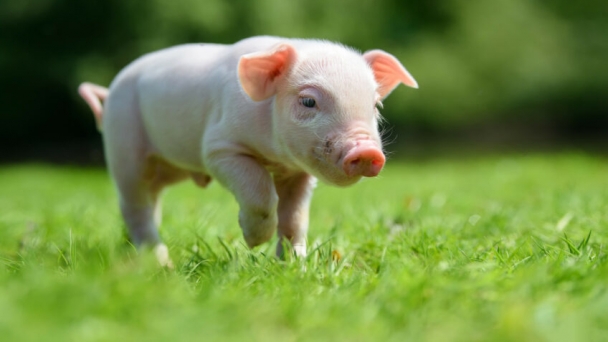
(VAN) In December 2024, the Regulation on Deforestation-Free Products (EUDR) is anticipated to take effect, aiming to reduce deforestation and forest degradation.

(VAN) The growing world population has increased the demand for poultry products and the intensity of the poultry production systems.
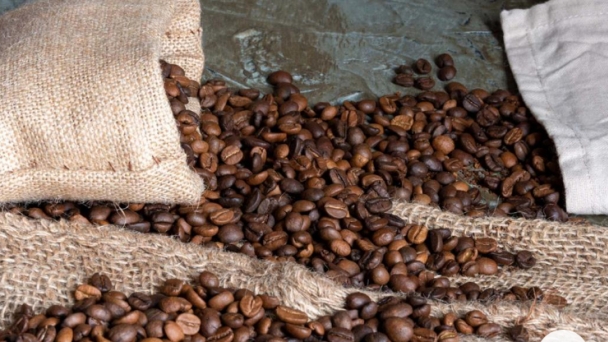
(VAN) The overheating of our planet is putting coffee bean crops at risk, and it's not just the people who rely on a morning caffeine boost who will be affected.
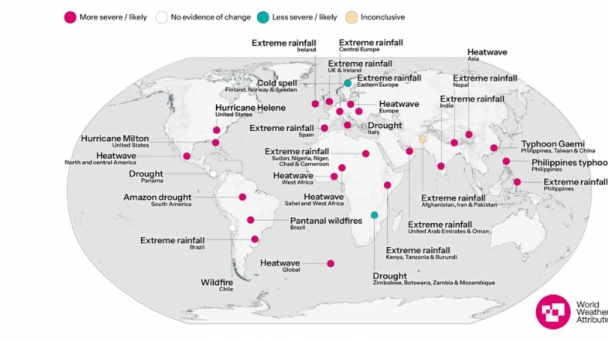
(VAN) 2024 will be the second straight 'hottest year' on record. But it wasn't supposed to be as hot as it was, coming in far ahead of 2023's alarming global temperature spike.

(VAN) Beijing imposed the ban last August after Tokyo began releasing treated radioactive water from the wrecked Fukushima nuclear plant despite Chinese opposition.
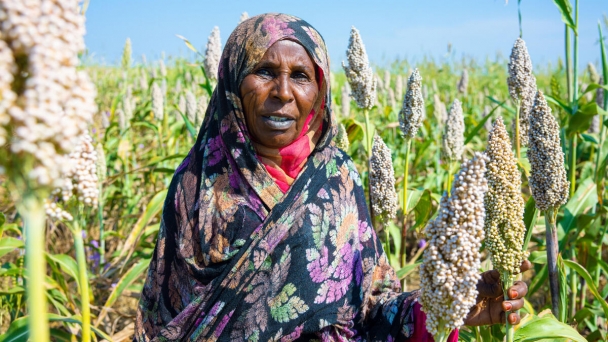
(VAN) FAO, WFP and UNICEF urge immediate humanitarian access and action to avert what could become the worst hunger crisis in recent history.